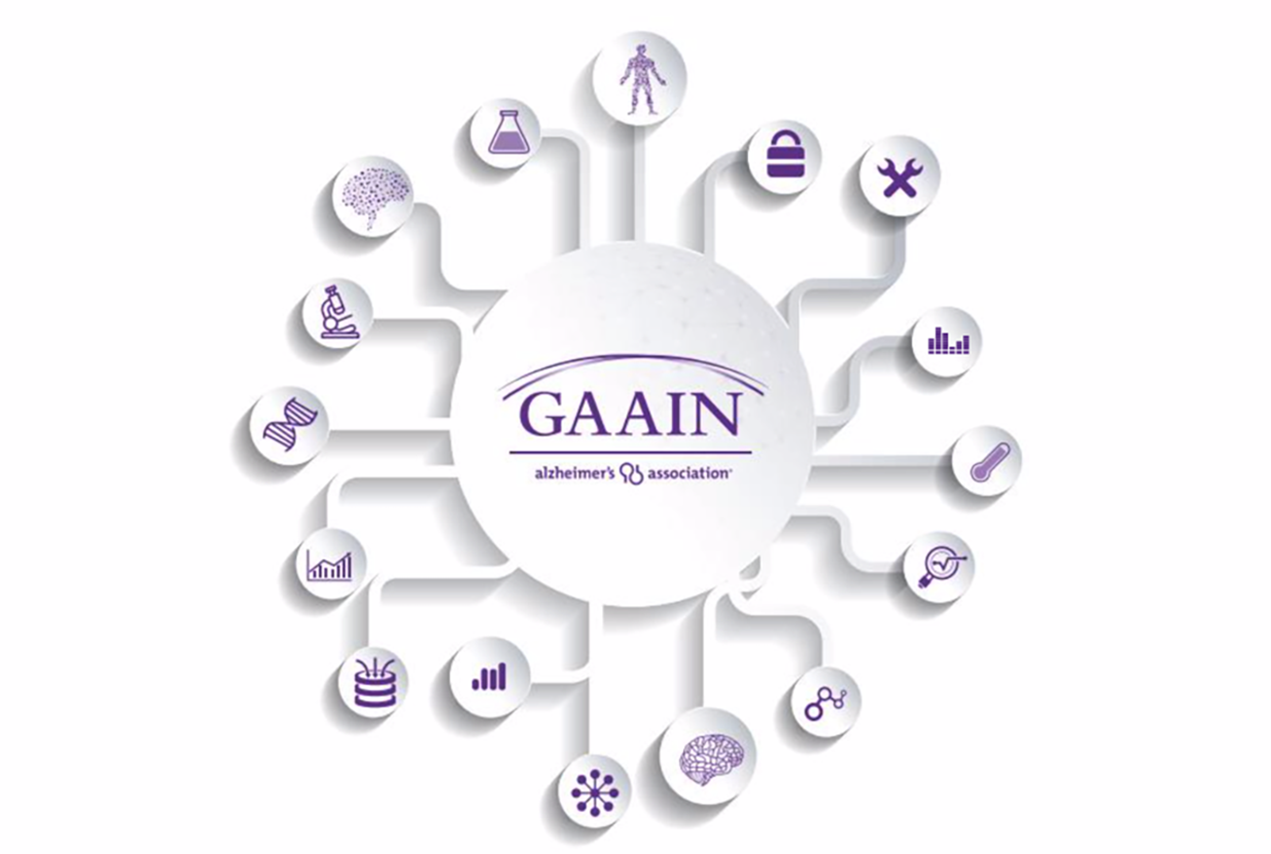This fall, the USC Mark and Mary Stevens Neuroimaging and Informatics Institute (INI) received a $2 million competitive renewal from the Alzheimer’s Association to continue expanding its pioneering data-sharing platform, the Global Alzheimer’s Association Interactive Network (GAAIN).
Launched in 2014, GAAIN connects researchers collecting and analyzing Alzheimer’s disease data through a unique “federated” model, which allows researchers to access vast datasets and conduct preliminary analyses, while data owners maintain rights and control over their information. The platform solves the technological challenges of maintaining a massive database while respecting the sociological needs of the research community.
“GAAIN is poised to become a global community where thousands of Alzheimer’s researchers securely share data, analyses and publications,” said Arthur W. Toga, PhD, Provost Professor of Ophthamology, Neurology, Psychiatry and the Behavioral Sciences, Radiology and Engineering and the Keck School of Medicine. “We’re excited about the tremendous potential for the next phase of this project.”
According to Toga, who serves as director of the INI and principal investigator of GAAIN, the new grant will fund a new era of GAAIN, one focused on increasing adoption of the platform and an expansion of its existing infrastructure. With aggressive goals for adding data and users, the network aims to offer Alzheimer’s researchers larger sample sizes that span geographic regions, ethnic groups and other attributes. As adoption increases, a newly updated technological architecture will allow GAAIN to scale up to accommodate the needs of its growing user base.
Other new features include additional ways to tag and categorize data, increasingly sophisticated search and harmonization functions, and streamlined data request protocols. GAAIN also aims to refine the user experience with more opportunities for feedback and personalization, as well as additional training seminars, tutorials and resources for those using the platform. On a larger scale, the GAAIN team aims to continue engaging with the Alzheimer’s community as a whole to ensure that the network’s milestones align with the needs of researchers, practitioners, patients and caregivers.
GAAIN has already contributed significant scientific breakthroughs in the field of Alzheimer’s disease, including the overturning of a seminal finding on the link between sex, age and AD risk. More recent studies have explored the relationship between sex, amyloid beta and tau pathology and other topics.
“We already have the tools and framework in place to seamlessly connect the Alzheimer’s research community,” Toga said. “With the continued support of the Alzheimer’s Association, we can now make that vision a reality.”
— Zara Greenbaum


